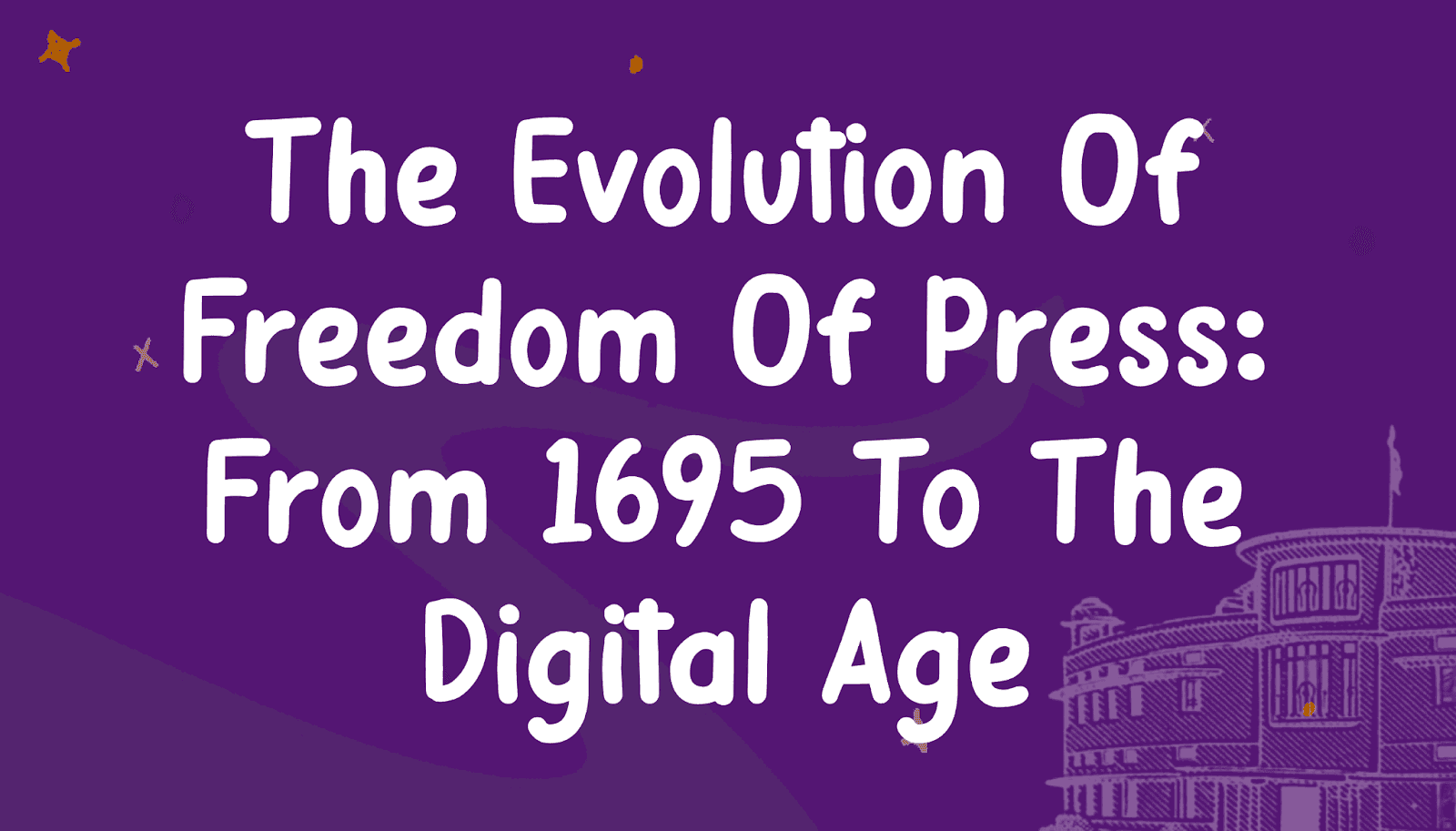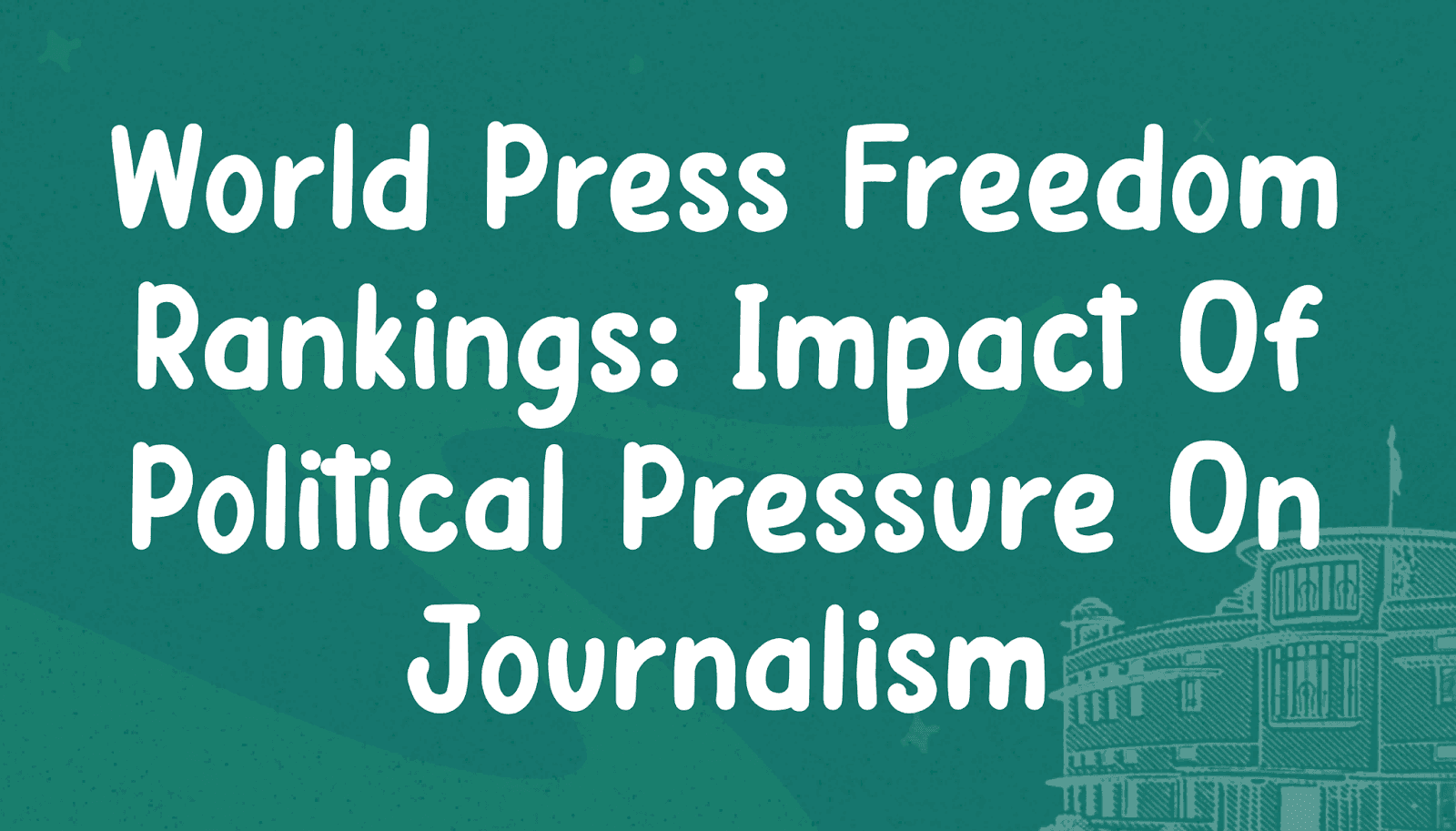Famous Personalities - Bal Gangadhar Tilak
Feb, 2025
•4 min read
Introduction
Bal Gangadhar Tilak, also known as Lokmanya Tilak, was one of the most prominent leaders of the Indian freedom struggle. A revolutionary nationalist, educationist, and lawyer, Tilak played a pivotal role in awakening the spirit of self-rule among Indians. His ideologies, movements, and leadership remain a significant part of India’s journey to independence.

Early Life and Education
- Birth and Family: Bal Gangadhar Tilak was born on 23rd July 1856 in Ratnagiri, Maharashtra, into a middle-class Brahmin family. His upbringing instilled in him strong cultural and religious values.
- Education: He graduated in mathematics and Sanskrit before earning a law degree. His sharp intellect and legal acumen later shaped his role as a freedom fighter and thinker.
- Title of 'Lokmanya': The honorific Lokmanya (accepted by the people) was bestowed upon him as a mark of respect for his relentless service to the nation.
- Inspiration from Hindu Scriptures: Tilak used Hindu scriptures as tools for mass mobilization, urging Indians to fight against oppression while emphasizing the importance of India’s cultural heritage.
- Slogan of Swarajya: His famous slogan, “Swaraj is my birthright and I shall have it,” became a rallying cry for the Indian freedom struggle.
Educational Contributions
- Deccan Education Society (1884): Tilak co-founded the Deccan Education Society to provide quality education and instill nationalist values among youth.
- Fergusson College (1885): He was instrumental in founding Fergusson College in Pune, which became a hub for intellectual and political discourse.
- Focus on Education Reform: Tilak advocated education as a means to awaken national consciousness and empower the masses.
- Cultural Nationalism in Education: He integrated India’s cultural and religious heritage into education, blending traditional values with modern learning.
- Public Awareness through Newspapers: Tilak’s weeklies, Kesari (in Marathi) and The Mahratta (in English), were influential in spreading nationalist ideas and promoting education reform.
Political Life and Ideology
- Proponent of Swarajya: Tilak was among the first leaders to demand complete independence from British rule, emphasizing that self-rule was essential for India’s progress.
- Lal-Bal-Pal Trio: Alongside Lala Lajpat Rai and Bipin Chandra Pal, Tilak formed the extremist faction of the Indian National Congress, advocating assertive measures against colonial oppression.
- Surat Split (1907): The division of the Congress into Extremists and Moderates at the Surat Session highlighted Tilak’s radical approach to achieving independence.
- Indian Home Rule Movement: In 1916, Tilak collaborated with Annie Besant to launch the Indian Home Rule Movement, aimed at attaining self-governance for Indians.
- Lucknow Pact (1916): Tilak played a key role in forging Hindu-Muslim unity through the pact between the Indian National Congress and the All-India Muslim League, led by Muhammad Ali Jinnah.
Cultural Revivalism and Mass Mobilization
- Ganesh Chaturthi Celebrations: Tilak popularized the public celebration of Ganesh Chaturthi in Maharashtra, transforming it into a platform for mass mobilization and social unity.
- Shiv Jayanti: He initiated the celebration of Shiv Jayanti to honor Chhatrapati Shivaji Maharaj, inspiring pride and unity among Indians.
- Cultural Revival: Tilak emphasized the need for a cultural and religious revival alongside political movements, promoting India’s heritage as a unifying force.
- Connecting Religion with Politics: Through his speeches and writings, he used Hindu symbols and scriptures to awaken the masses and build nationalist fervor.
- Resistance to Cultural Colonialism: Tilak actively resisted the British attempt to erode Indian traditions, encouraging Indians to embrace their cultural identity.
Role in the Freedom Struggle
- Swadeshi Movement: Tilak urged Indians to boycott British goods and embrace indigenous products, fostering economic independence.
- Advocate of Civil Disobedience: Tilak’s writings and speeches inspired revolutionary activities, paving the way for later leaders like Gandhi.
- Mandlay Jail (1908–1914): He was imprisoned for six years in Burma for defending revolutionaries like Khudiram Bose and Prafulla Chaki, reinforcing his image as a fearless nationalist.
- Home Rule League: In 1916, Tilak established the All India Home Rule League in Belgaum, spreading the demand for self-rule across Maharashtra, Karnataka, and Berar.
- Influence on Later Movements: Tilak’s ideologies and strategies significantly influenced the methods adopted by future leaders in India’s independence struggle.
Literary Contributions
- Kesari and Mahratta: His newspapers played a vital role in educating the masses and raising awareness about the injustices of British rule.
- Books: Tilak’s notable works include Gita Rahasya, which analyzed the Bhagavad Gita’s teachings, and The Arctic Home of the Vedas, which explored the origins of Vedic culture.
- Philosophical Thought: His writings combined philosophy, history, and nationalism, inspiring generations of freedom fighters.
- Cultural Renaissance: Through his literary contributions, Tilak aimed to ignite a sense of pride in India’s cultural and intellectual traditions.
- Legacy in Journalism: His fearless journalism set the standard for the role of the press in political activism.
Legacy and Death
- Father of Indian Unrest: British journalist Valentine Chirol referred to Tilak as the “Father of Indian Unrest,” acknowledging his role in challenging colonial authority.
- Symbol of Nationalism: Tilak’s life and work remain a symbol of resilience, courage, and unwavering commitment to India’s independence.
- Death: He passed away on 1st August 1920, leaving behind a legacy that continues to inspire generations.
- Tribute to the Masses: His funeral was attended by thousands, symbolizing his popularity and impact on Indian society.
- Impact on Modern India: Tilak’s emphasis on self-rule, cultural revival, and education shaped the foundations of India’s modern political and social movements.
Conclusion
Bal Gangadhar Tilak was a visionary leader whose contributions to India’s freedom struggle, cultural revival, and education reform remain unparalleled. His powerful slogan, "Swaraj is my birthright and I shall have it," encapsulates his unwavering commitment to India’s independence. Tilak’s blend of political activism, cultural pride, and grassroots mobilization not only laid the foundation for future movements but also united Indians under the banner of nationalism.


